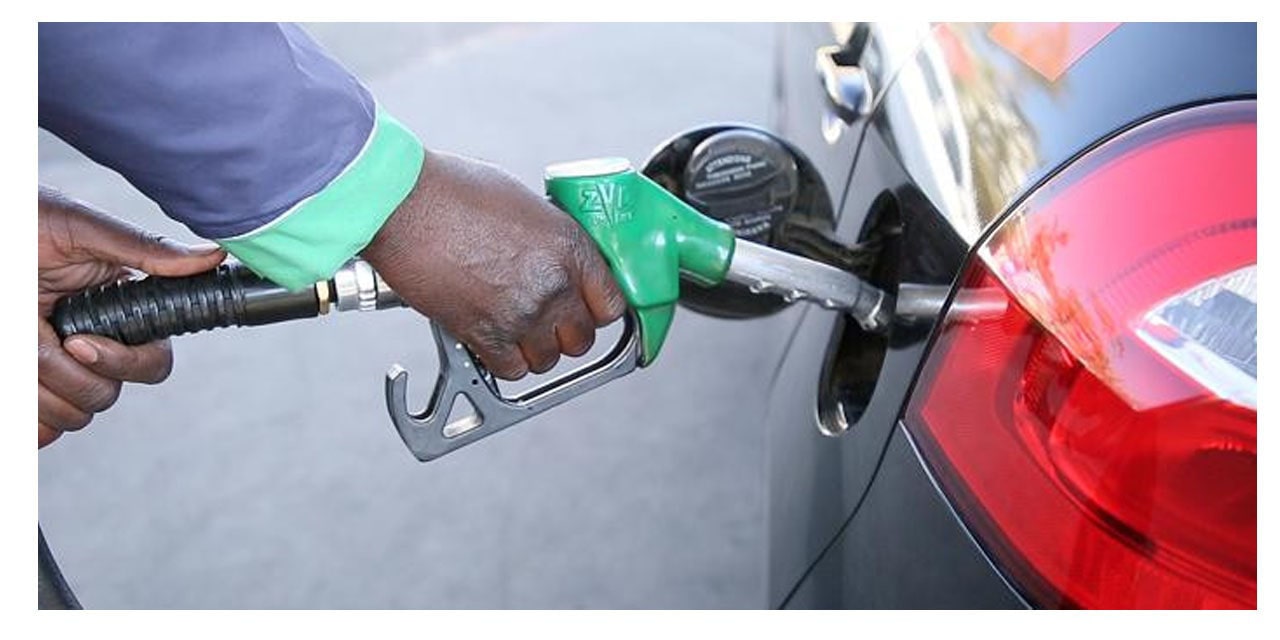Niël Terblanché
To support communal farmers and enhance food production in Namibia, the Ministry of Agriculture, Water, and Land Reform has acquired a total of 350 brand-new tractors with varying agricultural applications.
These tractors will be distributed across the country to benefit communal farmers during the upcoming ploughing season. The transaction is a substantial investment in the agricultural sector and the future food security of the people.
According to Ndiyakupi Nghituwamata, the Executive Director of the agriculture ministry, 298 tractors have already been delivered to various regions of the country to improve agricultural practices and productivity.
She added that the ministry is implementing rain-fed agronomic subsidy programs, including the Dry Land Crop Production Programme (DGPP) and the Cereal Value Chain Development Programme (CVCDP).
“These initiatives are specifically designed to benefit cereal communal farmers in the ten crop-growing areas in the Kunene, Omusati, Oshikoto, Ohangwena, Kavango West, Kavango East, Zambezi, Otjozondjupa, and Omaheke regions,” she said.
The primary objective of these programs is to increase food production and productivity along cereal value chains, thereby enhancing food security and building resilience to climate change.
“These efforts align with the government’s commitment to supporting communal farmers and strengthening the nation’s agricultural sector,” she added.
According to guidelines issued by the Ministry for the rain-fed agronomic subsidy programs, the government will provide ploughing services to the target group through government-owned tractors as well as the utilization of private tractors.
Nghituwamata stated that the government will enter into agreements with all implementing Regional Councils to facilitate payments for subsidized private tractor services, Draught Animal Power (DAP), weeding, and seed subsidies.
Furthermore, the regional councils will also process payments for camping allowances and salaries of contractual tractor drivers and service providers responsible for repairs and servicing of government-owned tractors.
Presently, ploughing services provided by government tractors are priced at N$250 per hectare, with the cost to be borne by the farmers.
Private tractor services will receive a substantial 60 percent subsidy, making them more accessible and affordable for communal farmers. Additionally, ploughing by draught animal power is priced at N$350 per hectare and is also eligible for subsidies.
The ministry; ‘s policy document states that where a private tractor owner is involved, the owner shall claim the Government subsidy directly from the respective Regional Councils after verification of the service rendered. The beneficiary shall pay the other part of the costs as a contribution, directly to the private tractor owner.
Nghituwamata said that the recruitment of drivers for government-owned tractors will be following specific criteria. These drivers will be appointed on a part-time basis.
The subsidy rate will be subject to periodic adjustments based on the available budget, ensuring continued support for communal farmers and sustainable agricultural practices in Namibia.
“This initiative reflects the government’s commitment to fostering agricultural growth and ensuring food security for all,” she said.




